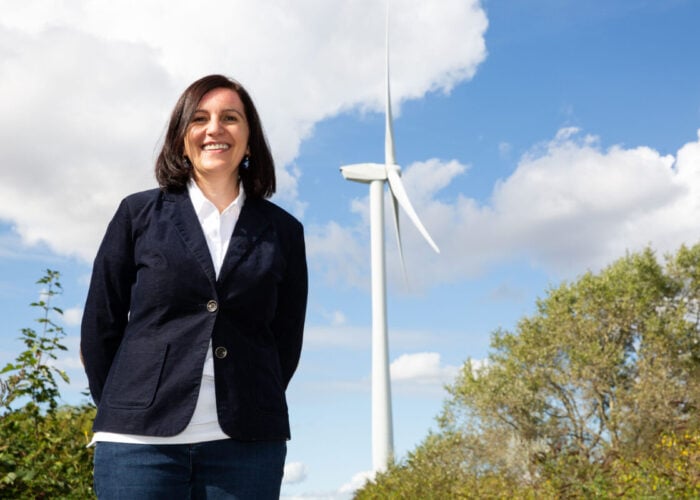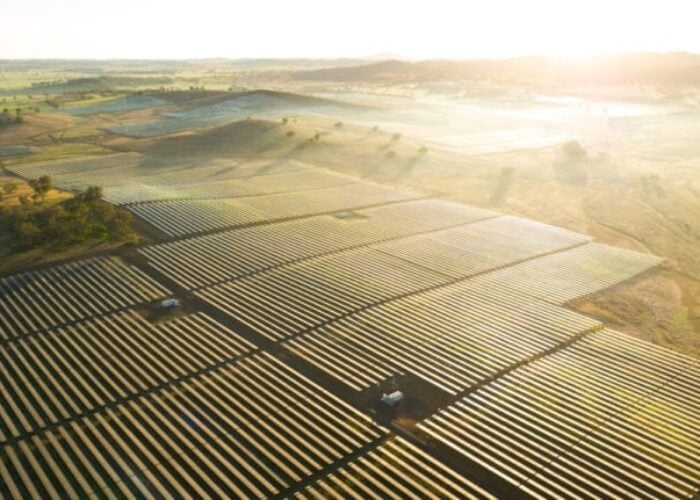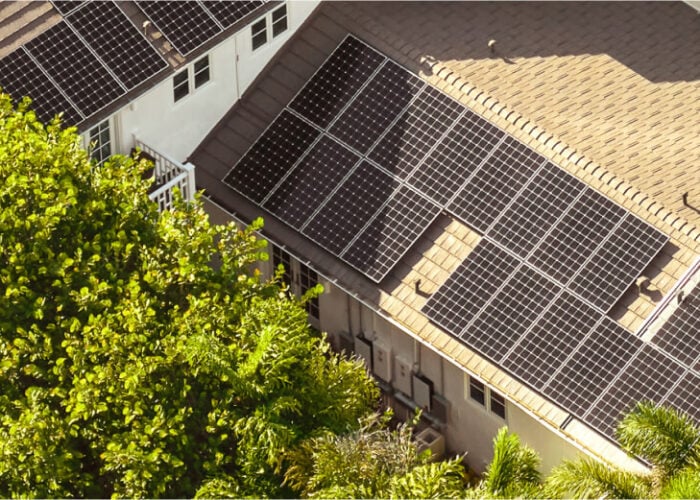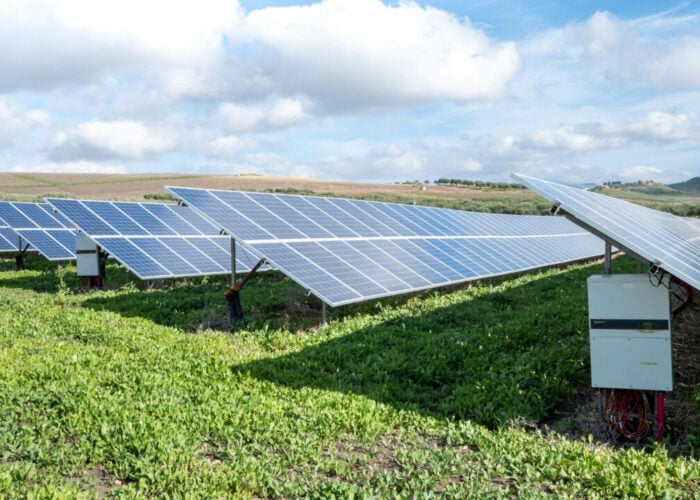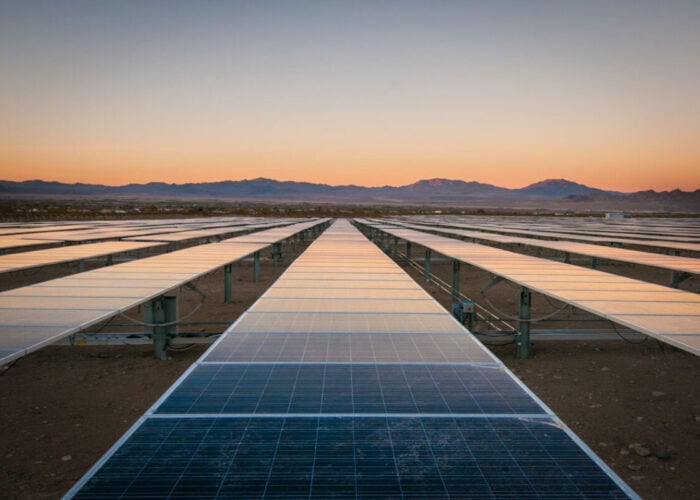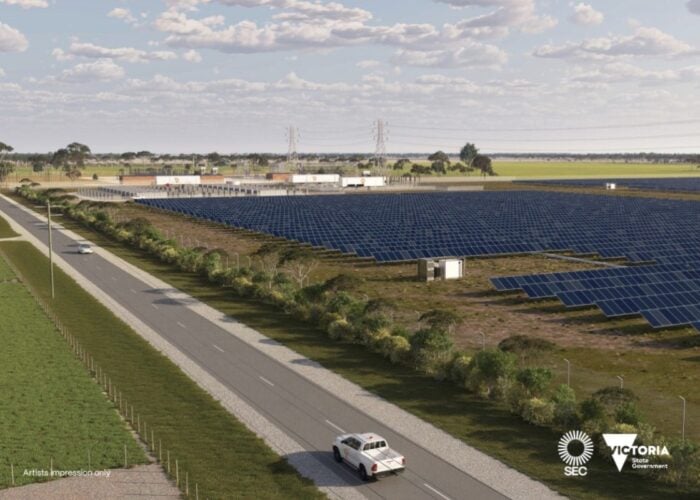When you’ve watched solar transform from a costly sideshow into a multi-billion dollar industry, the lack of awareness among politicians of its potential to help ease some of the world’s most pressing problems must be somewhat frustrating.
Neville Williams, one of the industry’s early pioneers, has seen solar take this very journey. He cut his teeth as a solar advisor to former US president Jimmy Carter, when solar was still largely a tool for electrifying the developing world. He went on to found the non-profit Solar Electric Light Fund, and later the Solar Electric Light Company, both focused on deploying solar in poor countries. His last major venture was to found Standard Solar, now one of the leading solar installation firms in the US.
Unlock unlimited access for 12 whole months of distinctive global analysis
Photovoltaics International is now included.
- Regular insight and analysis of the industry’s biggest developments
- In-depth interviews with the industry’s leading figures
- Unlimited digital access to the PV Tech Power journal catalogue
- Unlimited digital access to the Photovoltaics International journal catalogue
- Access to more than 1,000 technical papers
- Discounts on Solar Media’s portfolio of events, in-person and virtual
Over this time he’s seen the cost of solar plummet from over US$10 a watt to around a dollar. He’s watched it evolve from the preserve of “dreamers and ex-hippies”, as he describes it, to a huge global industry that’s currently installing a gigawatt a month in the US alone.
Yet still the ability of that industry to offer something different to the energy status quo, by virtue of the astonishing progress it has made, is something Williams says is hardly recognised by those in positions of influence. “People don't know this stuff, they don't know how cheap solar is, how huge the industry is,” he says.
Speaking to PV Tech as part of our series of themed articles in the run-up to the COP21 climate talks in Paris later this year, Williams singles out the lack of awareness of how far solar has come as the biggest factor preventing it from gaining greater traction as a major part of the solution to the world’s climate problem.
Solar isn’t ready to go, it’s going – it’s exploding worldwide
The difference between this year’s COP talks and previous efforts to agree a new global climate agreement Williams says is that now there are some real technological solutions on the table. Before, the absence of any real answers to a problem of such magnitude was an additional hindrance in what was already an uphill struggle to reach a global deal.
That has now changed. “You're now referencing, instead of dreaming 10 or 20 years ago, a technology that's there – it's mature and it's ready to go. It's not ready to go, it’s going – it's exploding worldwide!” Williams says of solar. “America's putting a gigawatt a month in. That's half a nuclear plant every month!”
Getting the message out
Williams says his hope is that out of Paris will come the idea that governments can do more because the technology is there now. “Maybe five years ago in some of these COP meetings it wasn't there,” he says.
But still there is the small matter of awareness, and here the solar industry itself has a part to play.
“The industry doesn't spend a great deal of time promoting itself; it just does its business,” Williams says. “And I think the lack of education is to the potential that is right under our noses for clean energy. So that has to be emphasised as something that we really must and can – not just dreaming – can exploit. And if governments know that, and realise a) they have to meet some targets and b) the technology is under their nose to do it, to help do it – not completely of course – you can displace a nuclear plant worldwide every couple of weeks, if you can displace a coal plant every week worldwide, you've achieved something.”
Williams contrasts the solar industry’s public affairs efforts with those of the fossil fuel industry. “The fact is the fossil fuel industry worldwide has a lot of money. It wants to protect what it's got. They're not the smartest people in the world, but they can hire very smart PR firms to fight their battle for them. And I don't think the solar industry has done that,” he says. “So maybe the message of Paris is that the industry has got to start lobbying for a combination of public policy and private gain.”
This latter point is crucial, for as Williams believes, the overriding objective of today’s solar industry is to make money rather than save the world, as perhaps had once been the case. Whatever deal comes out of Paris will amount to a “mission”, and “industry doesn’t give a damn about missions, they just want to make money”, Williams says.
“So maybe that's the key – here's an opportunity for this technology to become as big and wealthy [as fossil fuels] by whatever means and whatever form it takes – distributed, centralised, off-grid – for this industry to make a colossal amount of money. Now that's really serious.”
However that debate plays out, Williams says solar has already reached a level he had “never dreamed” would happen: “It's now accepted by utilities and by Wall Street and by the Warren Buffetts and the Googles and Microsofts of the world. The players understand that solar is the cheapest form of energy you can buy – cheaper than gas, half the price of coal, cheaper than most wind. If you're building 50MW or 100MW and above, it's cheaper than anything. So we're now into interesting battles about what does this mean for global power – I think it's disrupting the established systems and monopolies of energy distribution and generation.”
And with solar having come this far, who knows what is possible next. “Shell did a report that in 50 years PV will be the number one energy source on the planet,” Williams says. “That's a Shell report.”

